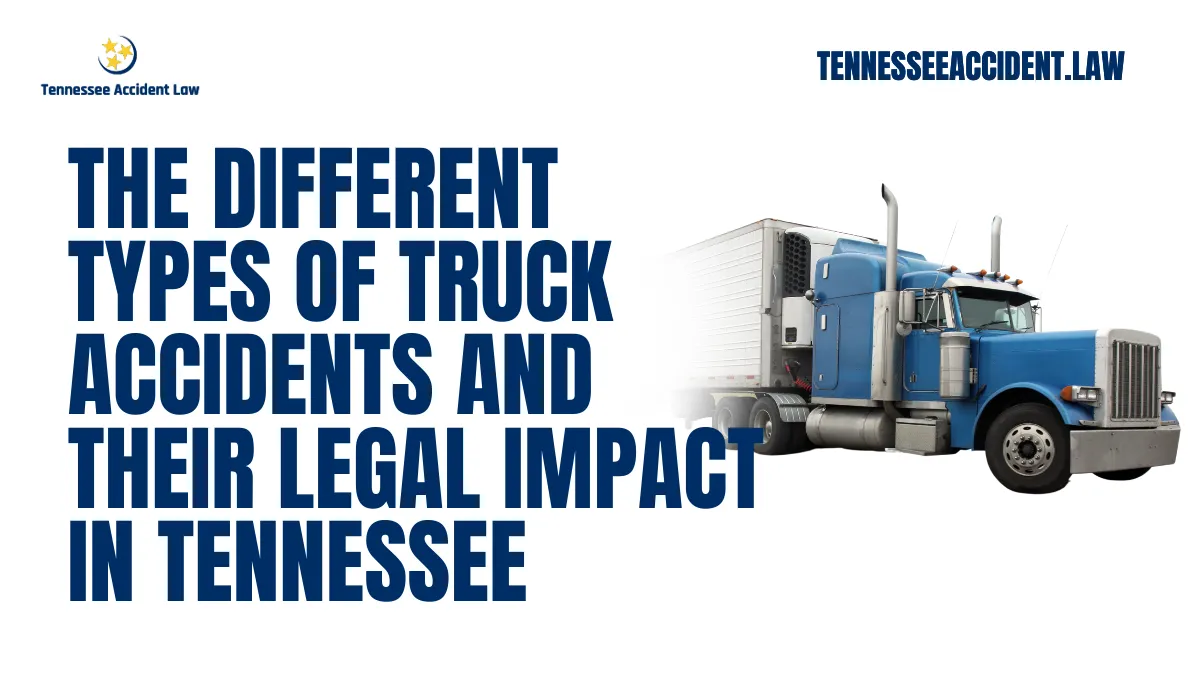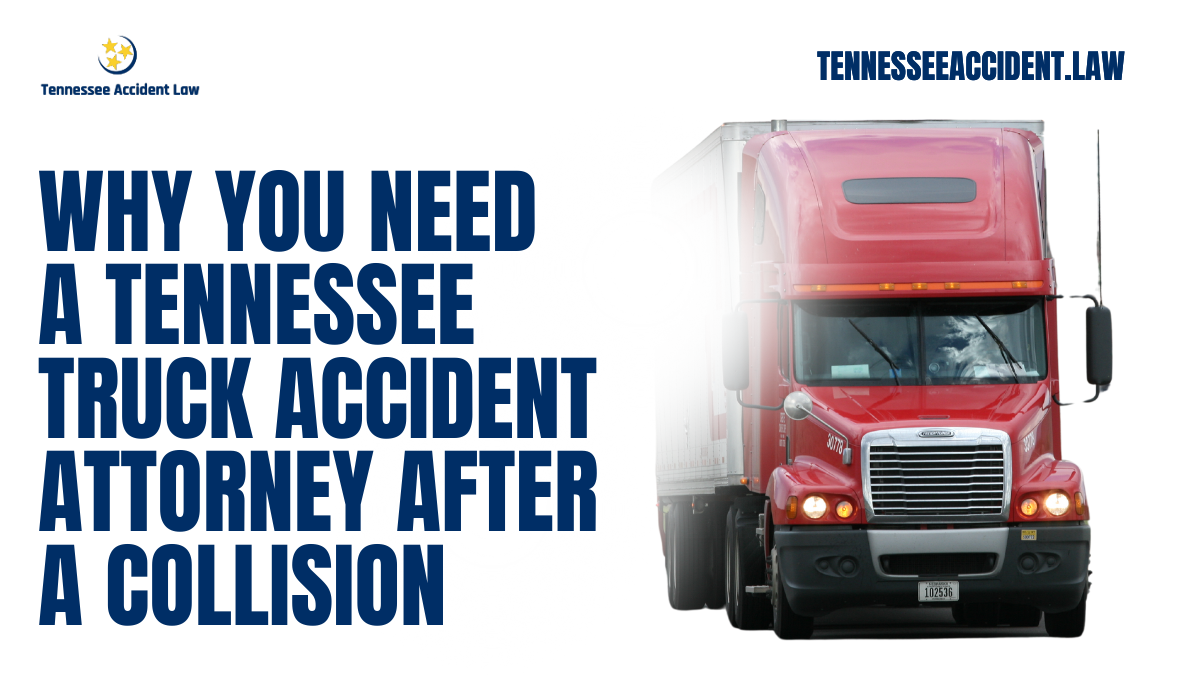- Home
- About
- Practice Areas
- Personal Injury
- Types of Accidents
- Airbag Injuries
- ATV Accidents
- Bike Accidents
- Firework Accidents
- Golf Cart Accidents
- Helicopter Accidents
- Ladder Accidents
- Lyft Accidents
- Pedestrian Accidents
- Plane Accidents
- Train & Railroad Accidents
- Uber Accidents
- Types of Injuries
- Types of Accidents
- Apartment Fires
- Bicycle Accidents
- Car Accidents
- Child Injuries
- Dog Bite Injuries
- Interstate Accidents
- Motorcycle Accidents
- Negligent Security
- Nursing Home Injuries
- Slip and Fall Accidents
- Truck Accidents
- Nashville Truck Accident Lawyer
- Truck Accident Facts
- Types of Trucks & Truck Accidents
- United States Truck Accident Lawyers
- Amazon Truck Accident Lawyer
- ArcBest Truck Accident Lawyer
- Estes Express Lines Truck Accident Lawyer
- FedEx Truck Accident Lawyer
- Hub Group Truck Accident Lawyer
- J.B. Hunt Transport Services Truck Accident Lawyer
- Knight-Swift Truck Accident Lawyer
- Landstar System Truck Accident Lawyer
- Old Dominion Freight Line Truck Accident Lawyer
- Penske Truck Accident Lawyer
- Ryder System Truck Accident Lawyer
- Schneider Truck Accident Lawyer
- TFI International Truck Accident Lawyer
- UPS Truck Accident Lawyer
- Wal-Mart Truck Accident Lawyer
- Yellow Corp. Truck Accident Lawyer
- Wrongful Death Accidents
- Personal Injury
- Blog
- Contact
- FREE CASE EVALUATION
- CALL US NOW
- Español


